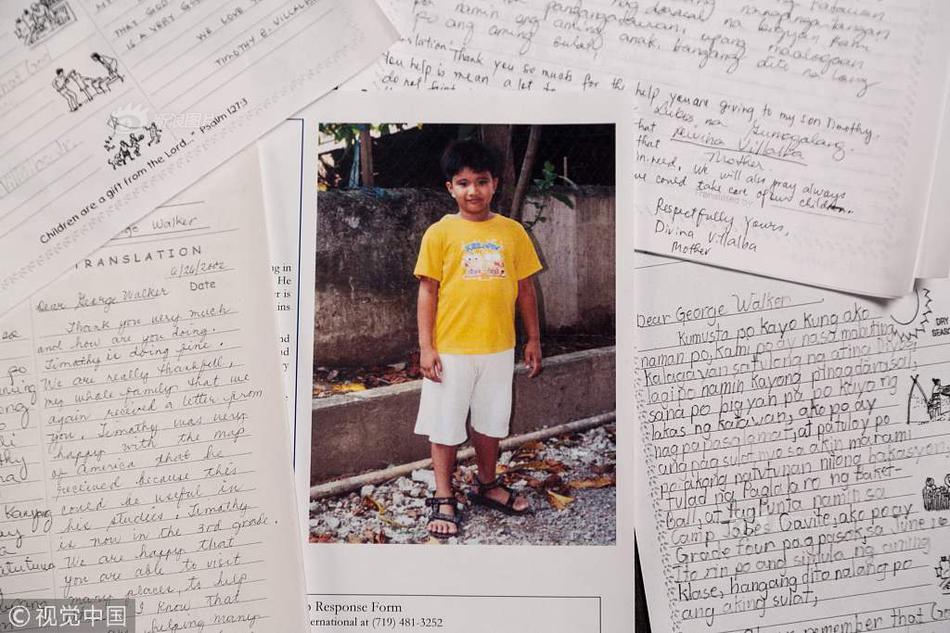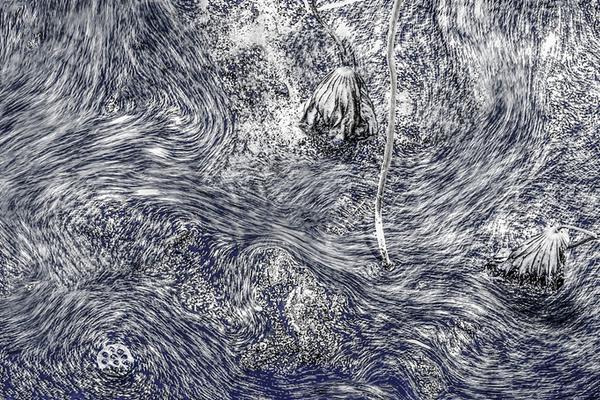Meet the ant species with a strict "no nestmate left behind" policy.
African Matabele ants regularly risk death and English sex moviesinjury while hunting down termites. So when one ant is hurt in the pursuit of prey, its nestmates will carry it to safety, scientists found.
The rescue not only saves the fallen comrade but also helps the entire colony by keeping the population from dwindling, a German research team said in a new study in Science Advances.
SEE ALSO: Bed bugs were blood-sucking pests even 11,000 years agoWhile common to nearly every Hollywood war movie, dramatic rescues are extremely rare among predators. Before this study, it wasn't known that insects even had this rescue reflex, said Erik Frank, a doctoral student University of Würzburg and the study's co-author.
"We have observed helping behavior vis-à-vis injured animals for the first time in invertebrates," he said in a news release.
The Matabele ants (Megaponera analis) are common in areas south of the Sahara Desert. Two or four times a day, the ants march from their nests in long lines and raid termites at their foraging sites, killing and hauling their prey back home.
But termites don't go down easily. Soldier termites fight back, using their powerful jaws to fend off their attackers. They'll bite off an ant's leg or antenna if they can, or attach themselves to the ant and weigh it down. It's truly a fight to the death.
The German researchers found that when a Matabele ant is injured, it will "call" for help by excreting chemicals that alert its mates. The fellow ants scurry to the rescue and carry the wounded ant back to the safety of its nest, where it can recover.
 Original image has been replaced. Credit: Mashable
Original image has been replaced. Credit: Mashable Frank and his colleagues tested this rescue behavior on wild colonies of Matabele ants in the humid savannah woodland of the northern Ivory Coast.
In a series of experiments, they found that ant rescues brought combat mortality down to nearly 0 percent, at no perceived cost to the rescuer. Nearly all rescued ants participated in later termite invasions, sometimes within an hour of the injury. Without the rescues, however, nearly one-third of injured ants died on their way home -- most were eaten by spiders.
The German scientists said their experiments can help identify drivers of "selfless" evolutionary behaviors in animals.
Video credit: Frank et al., Science Advances (2017).
(Editor: {typename type="name"/})
 Best Sony deal: Save $100 on WH
Best Sony deal: Save $100 on WH
 Best Amazon credit deal: Spend $50 on select household items, get a $15 credit
Best Amazon credit deal: Spend $50 on select household items, get a $15 credit
 Croatia vs. France 2025 livestream: Watch UEFA Nations League for free
Croatia vs. France 2025 livestream: Watch UEFA Nations League for free
 Best AirPods deal: $70 off Apple AirPods Max
Best AirPods deal: $70 off Apple AirPods Max
 The cicadas aren't invading the U.S.
The cicadas aren't invading the U.S.
Today's Hurdle hints and answers for May 9, 2025
 If you like playing daily word games like Wordle, then Hurdle is a great game to add to your routine
...[Details]
If you like playing daily word games like Wordle, then Hurdle is a great game to add to your routine
...[Details]
BOGO free Roborock robot vacuum deal: How to get the Saros Z70 release bundle
 BOGO FREE:As of March 19, the famous Roborock Saros Z70 robot vacuum with a robotic arm is available
...[Details]
BOGO FREE:As of March 19, the famous Roborock Saros Z70 robot vacuum with a robotic arm is available
...[Details]
Wordle today: The answer and hints for March 20, 2025
 Can't get enough of Wordle? Try Mashable's free version now O
...[Details]
Can't get enough of Wordle? Try Mashable's free version now O
...[Details]
Google delayed the Pixel 9A slightly, right after announcing it
 On Wednesday, Google announced the Pixel 9A. Just a couple of hours later, we found out there's been
...[Details]
On Wednesday, Google announced the Pixel 9A. Just a couple of hours later, we found out there's been
...[Details]
Astronomers have detected oxygen in the most ancient known galaxy
 Scientists using two enormous telescopes — one on Earth and the other in space— have det
...[Details]
Scientists using two enormous telescopes — one on Earth and the other in space— have det
...[Details]
Best earbuds deal: Save $30.95 on the Beats Fit Pro
 SAVE OVER $30: As of March 20, the Beats Fit Pro are on sale for $169 at Amazon. That's a 15% saving
...[Details]
SAVE OVER $30: As of March 20, the Beats Fit Pro are on sale for $169 at Amazon. That's a 15% saving
...[Details]
Peru vs. Bolivia 2025 livestream: Watch World Cup Qualifiers for free
 TL;DR:Live stream Peru vs. Bolivia in World Cup qualifiers for free on SBS On Demand. Access this fr
...[Details]
TL;DR:Live stream Peru vs. Bolivia in World Cup qualifiers for free on SBS On Demand. Access this fr
...[Details]
Apple is actively looking at AI search for Safari
 The U.S. Justice Department is suing Google (or Alphabet Inc., if you prefer), and in testimony toda
...[Details]
The U.S. Justice Department is suing Google (or Alphabet Inc., if you prefer), and in testimony toda
...[Details]
Roku is testing a new type of ad and users are very, very unhappy about it
 Roku has apparently found an entirely new way to anger its users by showing them ads before the home
...[Details]
Roku has apparently found an entirely new way to anger its users by showing them ads before the home
...[Details]
Best keyboard deals: Save on Asus gaming keyboards at Amazon

Meta's AI chatbot is coming to Europe, with limitations

接受PR>=1、BR>=1,流量相当,内容相关类链接。